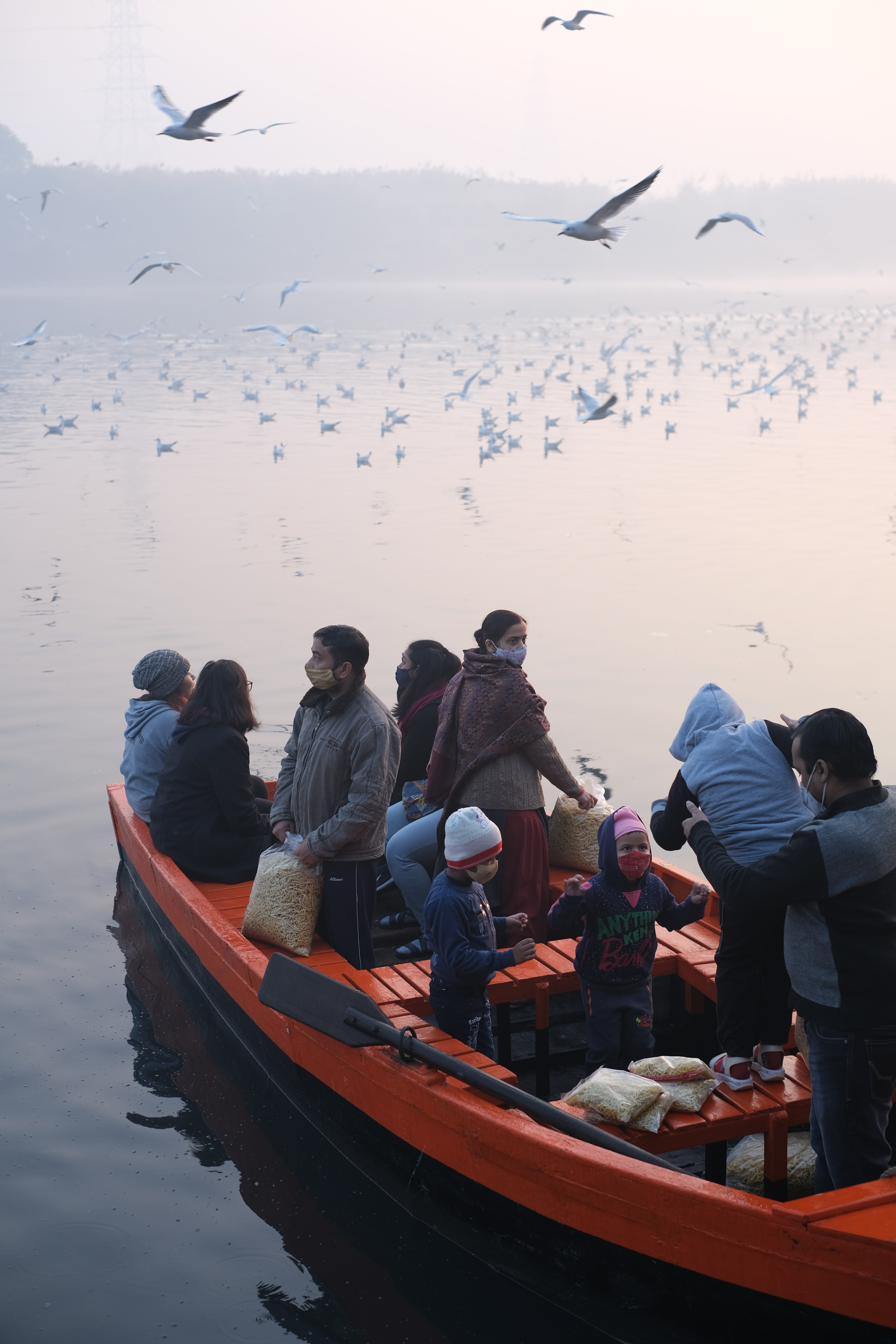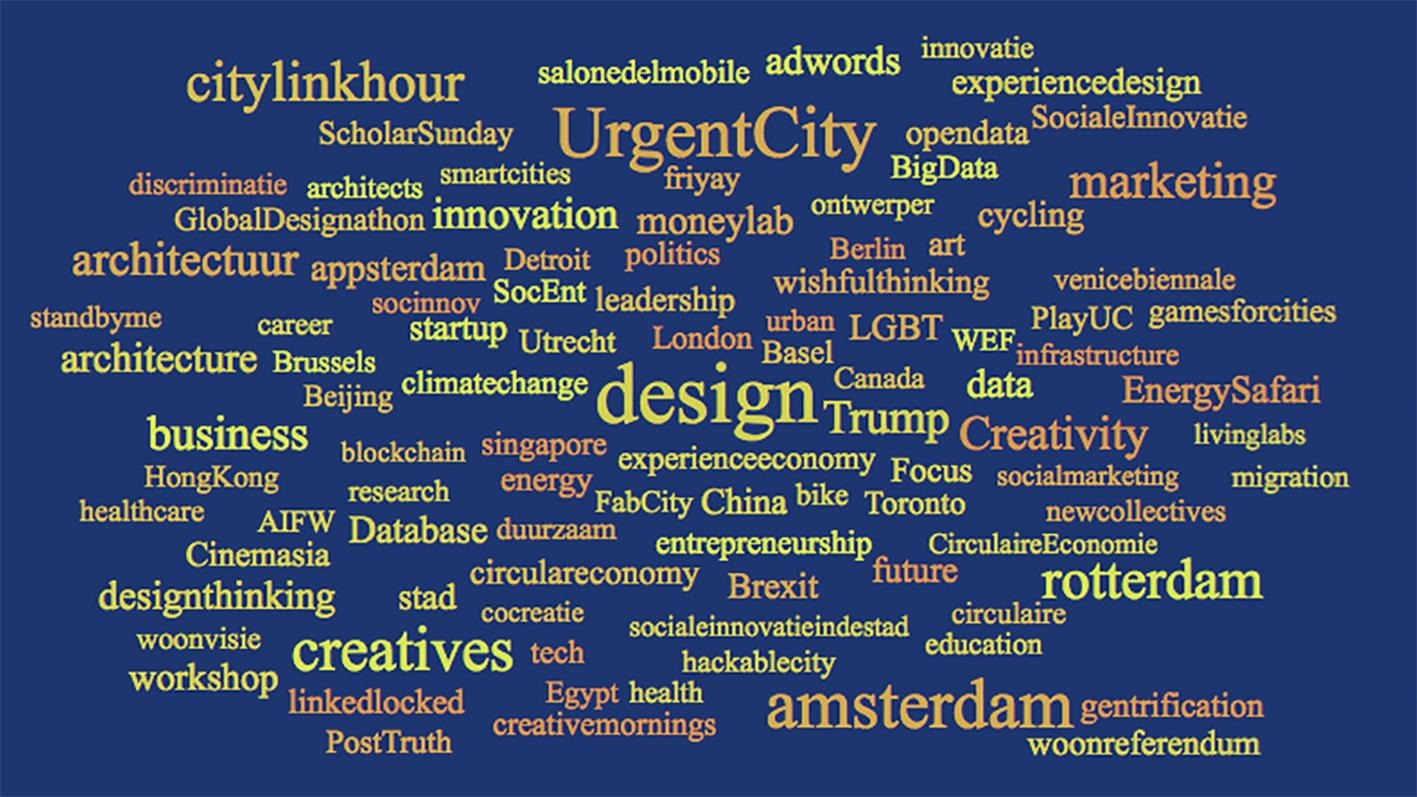Migration, in its multifaceted forms, holds a profound and intricate relationship with the United Nations' Sustainable Development Goals (SDGs). The SDGs, a universal call to action adopted in 2015, aim to eradicate poverty, protect the planet, and ensure prosperity for all by 2030. Each of the 17 goals, interlinked and comprehensive, recognizes the essential role of migration in shaping sustainable development trajectories worldwide.
The nexus between migration and the SDGs is primarily centered around Goal 10: Reduced Inequalities. Migrants, often seeking better opportunities or fleeing adverse conditions, embody the challenges and potentials inherent in reducing inequalities within and among countries. The goal underscores the need to facilitate orderly, safe, regular, and responsible migration, recognizing the positive contributions of migrants to inclusive growth and sustainable development.
Migration also significantly impacts Goal 1: No Poverty. Migrants, by sending remittances back to their countries of origin, play a crucial role in poverty alleviation. These financial inflows are a lifeline for many families, enhancing their ability to access education, healthcare, and housing, thus contributing to the eradication of poverty in all its forms.
Moreover, Goal 8: Decent Work and Economic Growth, is closely linked with migration. Migrants often fill vital gaps in the labor market, contributing to economic growth in host countries while providing for their families. Their role in fostering innovation and entrepreneurship is also notable, supporting sustained, inclusive, and sustainable economic growth.
Goal 5: Gender Equality, is another SDG significantly influenced by migration patterns. Female migrants face unique challenges, including discrimination and vulnerability to violence. Empowering migrant women, ensuring their safety, and providing equal opportunities are critical for achieving gender equality and empowering all women and girls.
Furthermore, Goal 4: Quality Education, intersects with migration issues. Migrant children often face barriers to accessing quality education due to language, legal status, or socio-economic challenges. Ensuring inclusive and equitable quality education for all, including migrant children, is crucial for the realization of this goal.
In the context of Goal 13: Climate Action, migration is increasingly recognized as a response to climate change. Environmental degradation and natural disasters, exacerbating vulnerabilities, compel people to migrate, either internally or across borders. Addressing the root causes of climate-induced migration is essential for taking urgent action to combat climate change and its impacts.
Lastly, Goal 16: Peace, Justice, and Strong Institutions, has a direct bearing on migration. The protection of migrants’ rights, access to justice, and the creation of inclusive societies are fundamental to building peaceful and inclusive societies for sustainable development.
Migration is a powerful driver and an important outcome of sustainable development. The interplay between migration and the SDGs is complex and multi-dimensional, requiring holistic, integrated, and coordinated responses. Addressing the challenges and harnessing the opportunities presented by migration is pivotal for the achievement of the SDGs and the realization of a more equitable, prosperous, and sustainable world.
International Migrants Day 2026
Migration is a hallmark of human history. People have always moved, be it for better opportunities, safety, or to escape hardships. International Migrants Day, celebrated on December 18, highlights the contributions and challenges of those who leave their homes in search of a better life and the interconnectedness of our global community.
Understanding Migration and Its Significance
Problem: Within maternity care policies and practice, pregnant migrant women are regarded as a vulnerable population. Background: Women's experiential knowledge is a key element of woman-centred care but is insufficiently addressed in midwifery practice and research that involves migrant women. Aim: To examine if pregnant migrant women's experiential knowledge of vulnerability corresponds with sets of criteria of vulnerability, and to explore how migrant women make sense of vulnerability during pregnancy.
We investigate the role of creative skilled migrants in broadcasting an alternative use of technology in support of a sustainable smart city. We do so by analyzing the themes they produced on Twitter. We focus on Amsterdam as a case, and urban planners and designers as examples of creative migrants. Computational methodology allowed for a selection of naturally occurring data in social media.
We put to work recent efforts to decolonise trauma theory in the context of our experience of writing and performing in the Philippines our testimonial theatre play about Canada's Live-In Caregiver Program (LCP). The play, a collection of monologues based on verbatim scholarly research transcripts, was performed in Manila in November 2013 and October 2014, first as professional and then community theatre.



